The grandmother, Kristine Casey, embraced the role of surrogate mother for her daughter, Sara Connell, allowing her to experience the joy of motherhood. This heartwarming tale goes beyond the realm of sensationalism often found in tabloids. After facing three unsuccessful pregnancies and surrendering hope of natural childbirth, Sara turned to her mother for support. Kristine Casey, not the eldest mother by any means, became the pioneer in birthing her own grandchild.
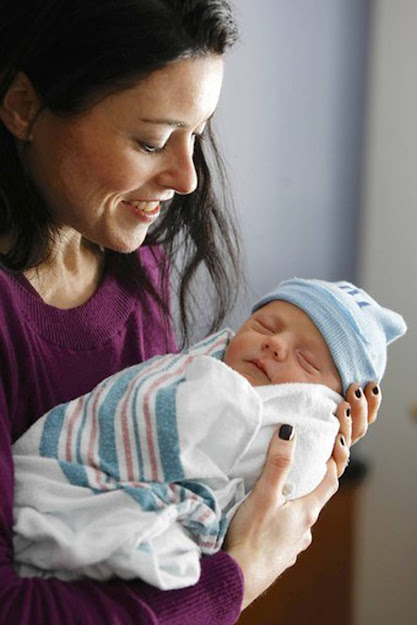
Sara Connell and her husband, Bill, are the biological parents of the child Casey carried, conceived from the couple's sperm and egg. In 2004, the Connells embarked on their parenthood journey, yet Sara's struggles with ovulation became apparent at age 35. Despite fertility treatments, her pregnancies ended in stillborn twins and a subsequent miscarriage.
Kristine Casey's previous pregnancies, the latest being three decades prior, had been uneventful, resulting in three daughters. After retiring in 2007, Casey filled her days with activities like walking, meditation, classes, and socializing. However, she felt a deeper calling.
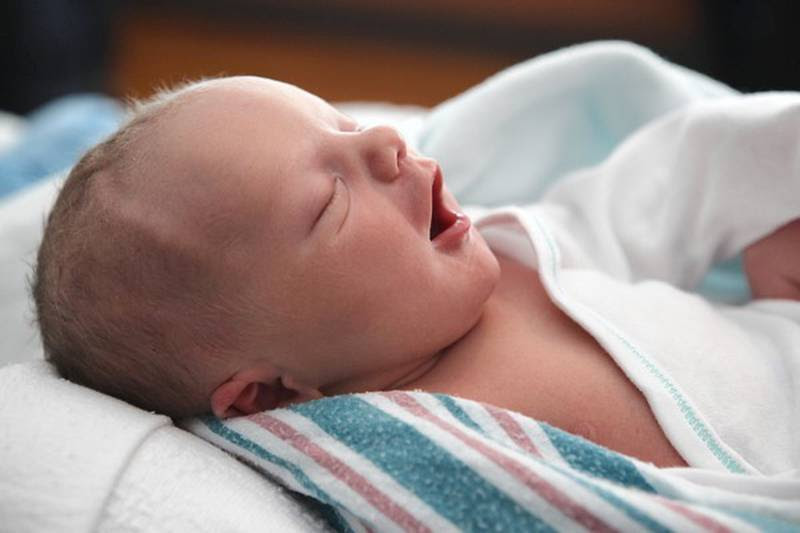
"In early 2009," Casey explained, "I decided to take some time for introspection, to find something that resonated with me without external pressure."
During a visit to Chicago, where she resides in Virginia, Casey attended a workshop led by Connell, a life coach, writer, and advocate for women's empowerment. An exercise involved crafting a collage representing a life goal. Among the images, an ostrich exuding wonder and joy caught Casey's eye.
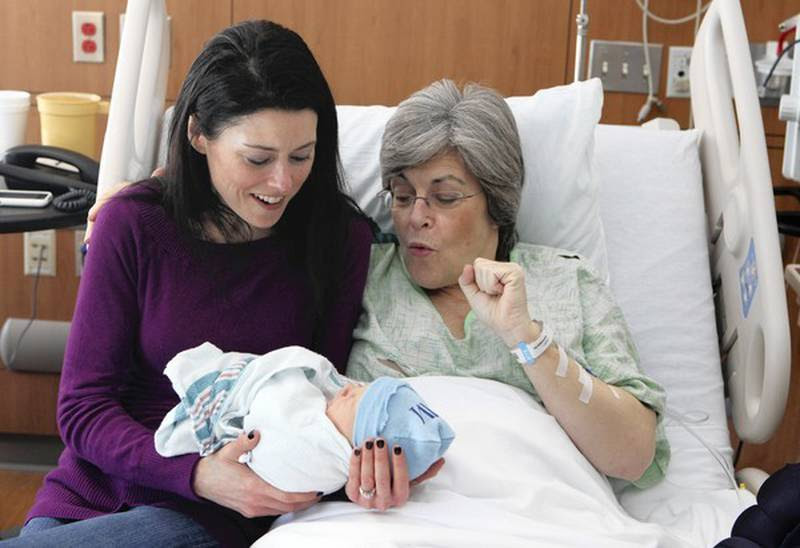
Casey desired to experience the exuberance depicted in the image.
Around the same period, a fellow hiker mentioned a story about a postmenopausal woman who had given birth.
"I thought, 'Three of the happiest days of my life were giving birth to my daughters,'" Casey reflected, "and I thought I could choose to do this for someone I love."
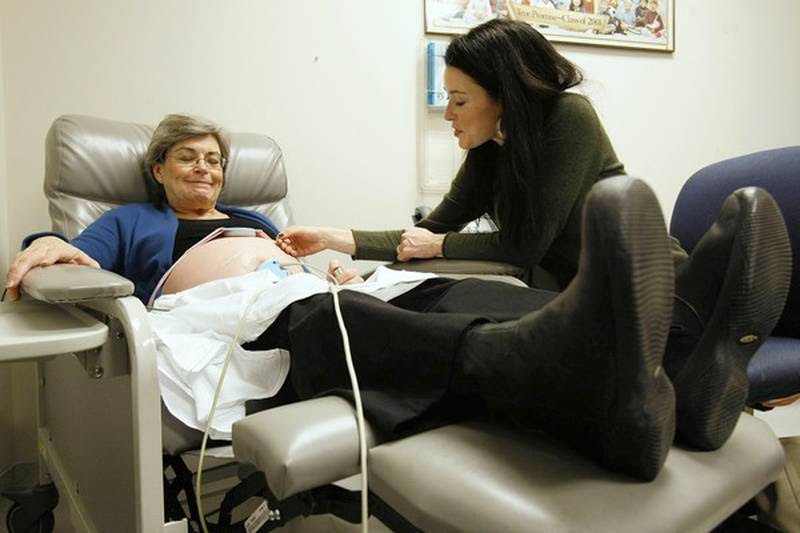
The medical community had ethical reservations about the 61-year-old woman's surrogacy, as she underwent comprehensive medical and psychological evaluations.
Josephine Johnston, a research fellow at Hastings Center, a bioethics research institute, had concerns about the ethics of a woman her age giving birth, despite the thorough evaluations.
"It seems like an unusually loving and cool thing for a family member," Johnston commented. "It's a compelling story to share. Strangers might question her well-being, but the child's experience will be positive... If they treat him well, he'll internalize that positivity."
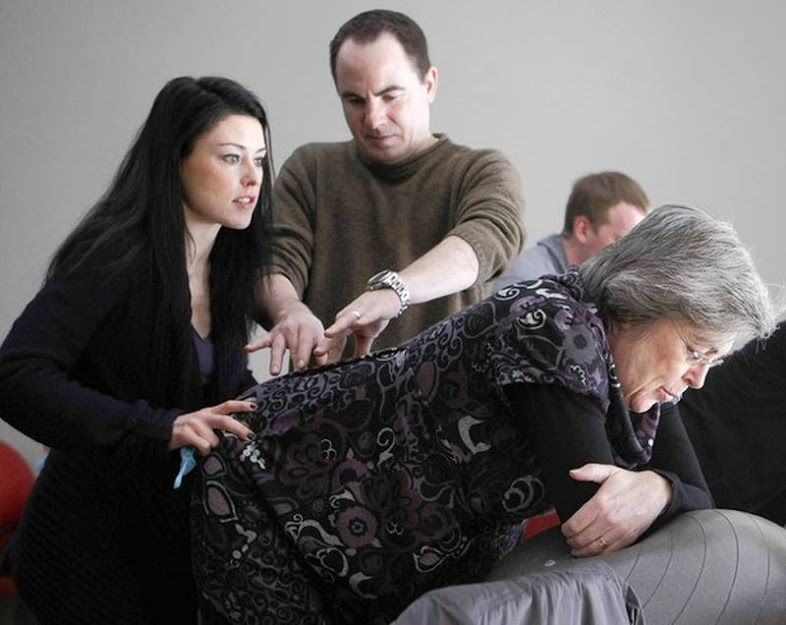
Would you be willing to sacrifice nine months of your peaceful retirement to bring a grandchild into your family as a surrogate? It seems like a difficult decision.
Margaret's surrogacy for her daughter shattered age-related limitations and redefined the essence of being a grandmother. Her act of love exemplified that maternal affection transcends boundaries, and familial ties can conquer any obstacle.
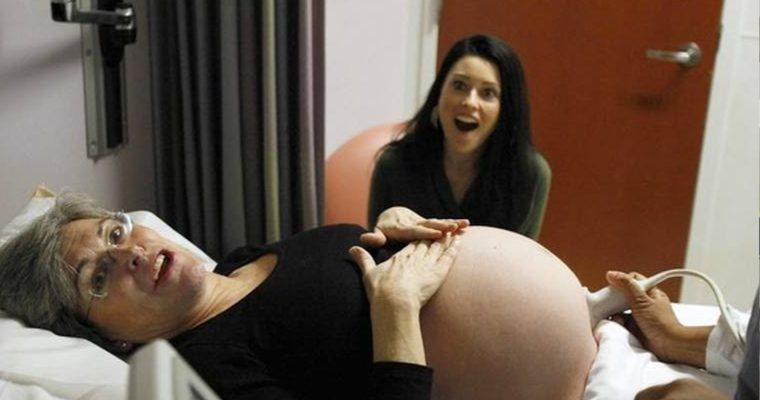
Throughout the years, Margaret continued to play a pivotal role in her grandson's life, sharing precious moments that formed enduring memories. The boy grew up knowing his existence was a product of boundless love.
Margaret's journey as a surrogate and the birth of her grandson became a symbol of hope and resilience—a testament to the potency of love and the extraordinary lengths a mother would traverse for her child. This story touched millions, inspiring them to cherish the miracles that love nurtures and the fortitude that dwells within familial bonds.



